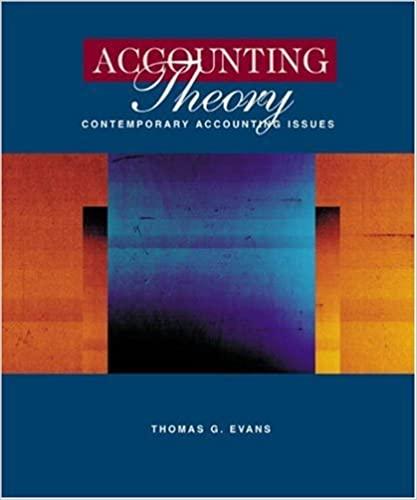Question
A controversial practice with employee stock options is repricing. What happens is that a company experiences a stock price decrease, which leaves employee stock options
A controversial practice with employee stock options is repricing. What happens is that a company experiences a stock price decrease, which leaves employee stock options far out of the money or underwater. In such cases, many companies have repriced or restruck the options, meaning that the company leaves the original terms of the option intact, but lowers the strike price. Proponents of repricing argue that because the option is very unlikely to end in the money because of the stock price decline, the motivational force is lost. Opponents argue that repricing is in essence a reward for failure. How do you evaluate this argument? How does the possibility of repricing affect the value of an employee stock option at the time it is granted?
Step by Step Solution
There are 3 Steps involved in it
Step: 1

Get Instant Access to Expert-Tailored Solutions
See step-by-step solutions with expert insights and AI powered tools for academic success
Step: 2

Step: 3

Ace Your Homework with AI
Get the answers you need in no time with our AI-driven, step-by-step assistance
Get Started


